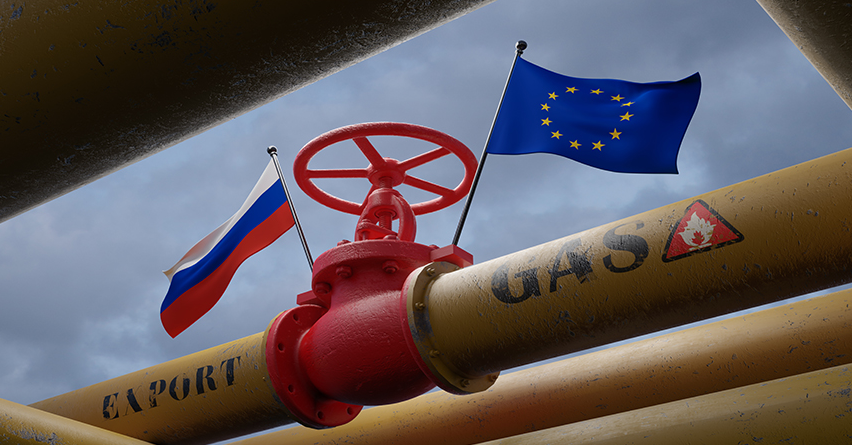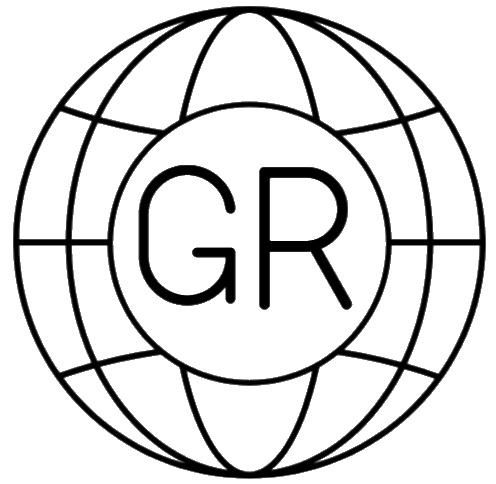
EU's Strategy to End Russian Gas Imports by 2027
The European Union has unveiled a comprehensive strategy to eliminate its dependence on Russian natural gas by the end of 2027, aiming to curb financial support for Russia's military actions in Ukraine. This plan, announced by the European Commission, outlines a phased approach to sever energy ties with Moscow.
Key Elements of the EU's Plan
1.Ban on New Contracts by End of 2025
The EU intends to prohibit new gas contracts with Russian suppliers by the end of 2025. This includes halting new spot market deals, which account for a significant portion of Russian gas imports into the EU.
2. Termination of Existing Contracts by 2027
Existing long-term contracts with Russia are set to be phased out by the end of 2027. This move will impact major energy companies and countries still reliant on Russian gas, such as Hungary and Slovakia.
3. Legal Measures to Facilitate Contract Termination
The European Commission plans to introduce legislation that would allow EU companies to exit existing contracts without facing financial penalties. This includes provisions for invoking "force majeure" clauses to terminate agreements.
4. Support for Affected Member States
Recognizing the challenges faced by countries heavily dependent on Russian gas, the EU will require each member state to develop a national strategy to transition away from Russian energy sources. The Commission promises gradual implementation and assistance to those most affected.
5. Diversification of Energy Sources
The EU aims to replace Russian gas with alternative global sources, including increased imports of liquefied natural gas (LNG) from countries like the United States and Qatar. Additionally, the EU plans to boost renewable energy production and enhance energy efficiency to reduce overall gas demand.
Political and Economic Considerations
The plan faces potential opposition from member states with strong ties to Russia. Countries such as Hungary and Slovakia, which still receive a significant portion of their energy from Russian sources, have expressed concerns about the economic implications of the proposed measures.
The EU's strategy is part of a broader initiative to enhance energy security and reduce reliance on fossil fuels. The REPowerEU plan, introduced in 2022, outlines measures to save energy, increase clean energy production, and diversify energy supplies away from Russia.
Outlook
The European Commission is set to present detailed legislative proposals in June, aiming for approval by the European Parliament and a qualified majority of member states. While the plan marks a significant step toward energy independence, its success will depend on the EU's ability to navigate political challenges and implement the necessary infrastructure to support alternative energy sources.
Author: Global Ripple
Posted on: May 06, 2025
 Global Ripple
Global Ripple